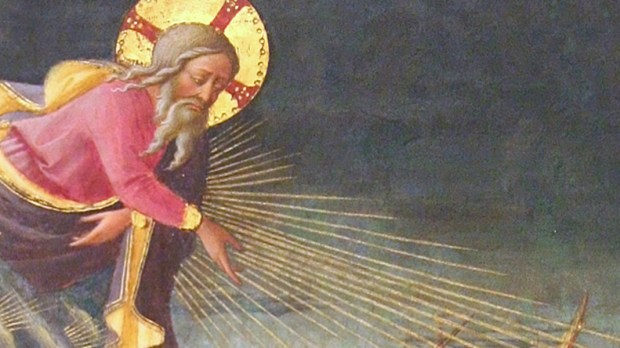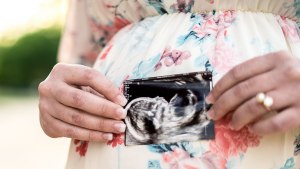Some have argued that the Bible states life only begins at “first breath,” making abortion into a morally permissible action that does not kill a human being.
The idea comes from the book of Genesis, where the author writes, “the Lord God formed the man out of the dust of the ground and blew into his nostrils the breath of life, and the man became a living being” (Genesis 2:7).
If Adam is declared “alive” only after receiving the “breath of life,” then humans do not receive “life” until they take their first breath outside the womb.
Problems with the “first breath” theory
There are several problems with this theory, as it ties human life to a human’s capacity to breathe.
The first problem is that a newborn infant does not breathe immediately upon delivery. This means there are several seconds, or even minutes, where the newborn would technically not have life.
It would follow, then, that partial-birth abortion would be morally permissible, provided that the newborn is killed before taking their “first breath.” Some Jewish scholars have argued in support of partial-birth abortion, basing their arguments primarily on interpretations of Jewish teaching.
Secondly, this also creates problems for people who stop breathing, but are still medically “alive,” and not declared brain dead. This is another point of debate among Jewish scholars, who take different points of view regarding the end of life.
In many ways this theory does not take into account current medical knowledge on human life and how our life is not restricted to our ability to breathe.
The Catholic teaching of life beginning at conception
The Catechism of the Catholic Church reiterates the teaching of the Church that human life begins at conception.
Human life must be respected and protected absolutely from the moment of conception. From the first moment of his existence, a human being must be recognized as having the rights of a person — among which is the inviolable right of every innocent being to life.
CCC 2270
This teaching is based on the following passages from the Bible, as cited from the Catechism.
Before I formed you in the womb I knew you, and before you were born I consecrated you. (Jeremiah 1:5)
My frame was not hidden from you, when I was being made in secret, intricately wrought in the depths of the earth. (Psalm 139:15)
While “breath” is certainly vital to the life of a human being, Catholic Scripture scholars do not interpret this passage in Genesis in a literal way, but more in an allegorical way. This means that the “breath” of God does not refer to God blowing into Adam a physical breath, but more of a “spiritual” breath, his soul.



